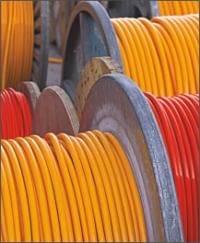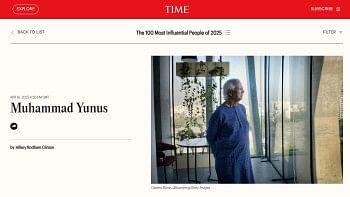Cable industry thrives on housing growth

Domestic cable industry has been growing for the last 10 years mainly due to the enormous growth in the country's housing sector.
The number of cable manufacturing units is rising. Only five years ago there were 20 factories and now the country has around 200 factories. However, only 10 are engaged in producing power and industrial cables.
“The cable factories can now meet cent per cent of the local demand,” said Enayet Hossain Chowdhury, president of Bangladesh Electrical Merchandise Manufacturers Association (BEMMA).
Although there is no concrete data on the annual turnover of the domestic wire and cable market, it is assumed to be between Tk 1,500 crore and Tk 2,000 crore, according to the BEMMA.
“The industry is growing at an average of 15 percent annually, mainly because of the growth of the housing sector and industries,” Chowdhury said.
The real estate sector contributes over 7 percent to the country's gross domestic product (GDP) and the industrial sector has also been witnessing double-digit growth for the past several years.
Rathindra Nath (Lashkar), assistant marketing manager of newly built Aziz Cables Industries Ltd, said the cable business is directly involved with the housing business.
Developers are now the big buyers of cable, he added.
Tanvirul Huq Probal, president of the Real Estate Housing Association of Bangladesh (REHAB), said cable and electrical equipment constitutes of about 10 to 12 percent of the total cost of an apartment, adding that fifty percent of which is spent on cable alone.
Probal said, “We are proud that local companies are producing high quality cable, even better in quality than that of Indian cables.”
Once the state-owned Eastern Cable dominated the domestic cable market. But soon after the liberation in 1971, cable companies including BRB, Paradise, Poly and Sunshine entered the market.
A good number of new companies such as Singer Cables, Racer Cable Industries, Aziz Cables, BCI Cables Industries, Polo Cables, Dhaka Cables, SRS Cables, Supersun Cables and Citizen Cables entered the market in the past three years.
Businessmen however said the cable industry is yet to gain momentum, as the electricity penetration rate in the country is still less than 40 percent. They hope the sector has the potential to further grow.
Big market players however feared that small manufacturers duplicate their product to make huge profit.
“Many small companies, most of whom are unauthorized, duplicate products of renowned cable companies,” Mohammad Shibly Hasan, a marketing executive of Paradise Cables, one of the pioneers in Bangladesh, said.
[email protected]

 For all latest news, follow The Daily Star's Google News channel.
For all latest news, follow The Daily Star's Google News channel. 



Comments